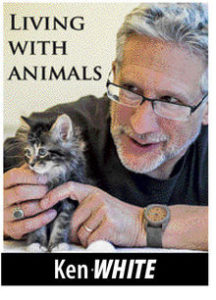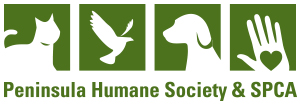 My recent column about the thriving marketplace for wild animals coincided with a friend sending an article from “Science” magazine (sciencemag.org/news/2017/05/call-keep-secrets-rare-species-draws-reluctant-support). Let me summarize.
My recent column about the thriving marketplace for wild animals coincided with a friend sending an article from “Science” magazine (sciencemag.org/news/2017/05/call-keep-secrets-rare-species-draws-reluctant-support). Let me summarize.
From the article: “The extent to which rare animal poachers piggyback on scientific research became clear to Mark Auliya soon after he published a 2012 paper announcing the discovery of the Borneo earless monitor lizard in a new part of the southeast Asian island.” (Now while most folks might not give two figs or frogs about such a discovery, a scientist’s job is to learn about the universe and tell each other, and us, what they find. Regardless of whether this discovery leads to that animal’s long-term survival, improved the health of the habitat, some greater application to human health — stranger connections have been made — or just ends up being only important if you care about Borneo earless monitor lizards, this is what science is about). Back to the story: the biologist who made the discovery and published the paper was purposely vague about the location, as the author notes, “in an attempt to shield the animal from collectors and their suppliers. Nevertheless, within a year, the lizard was turning up outside Borneo.” For sale.
The link is well established: scientists discover a new species of plant or animal (or, as in this case, a new place where they’re found), publish their findings, only to learn that they’ve drawn a treasure map for smugglers who know that there are collectors will pay a very good price to possess such a rare specimen.
As such, some scientists are now urging that such discoveries not be shared — or, more accurately, that critical details which would specify the locations not be shared — in articles announcing those discoveries. A controversial suggestion since, as I said before, making and sharing discoveries is what scientists do, and a sad indictment of our species’ predilection to place a price tag on everything.
Ken White is the president of the Peninsula Humane Society & SPCA.
